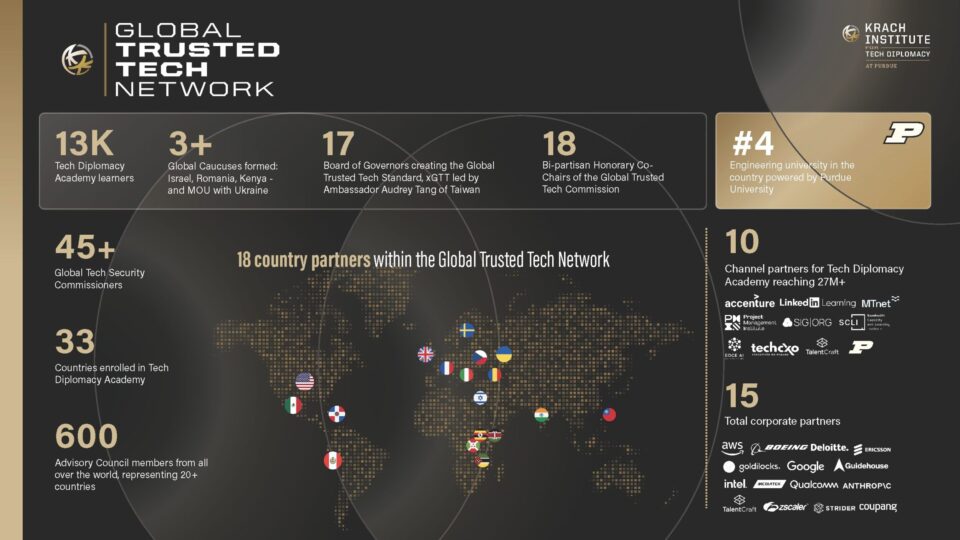Can the CHIPS Act Bolster Moore’s Law?
Bret Swanson
06.22.22
Source: AEIdeas

Congress continues to wrangle over the Creating Helpful Incentives to Produce Semiconductors (CHIPS) for America Act, which would provide $52 billion in subsidies for the domestic production of semiconductors. The bill, seen as a way to reduce America’s reliance on Taiwan, which manufactures an overwhelming portion of the world’s leading-edge chips, is widely popular. As the New York Times reports, however, “It has languished for nearly a year after lawmakers chose to package it with sprawling legislation aimed at bolstering US competitiveness with China, which has stalled amid a variety of policy disputes.”
Despite my own skepticism of industrial policy, I concluded over the past few years that reducing our geographic concentration risk is imperative and that reigniting the US chip industry could yield larger strategic and economic benefits. It’s worth asking, however: If the US government decides to fund American-made microchips, will taxpayers get their money’s worth? After all, isn’t the exponential advance of microelectronics known as Moore’s law dead or at least slowing?

